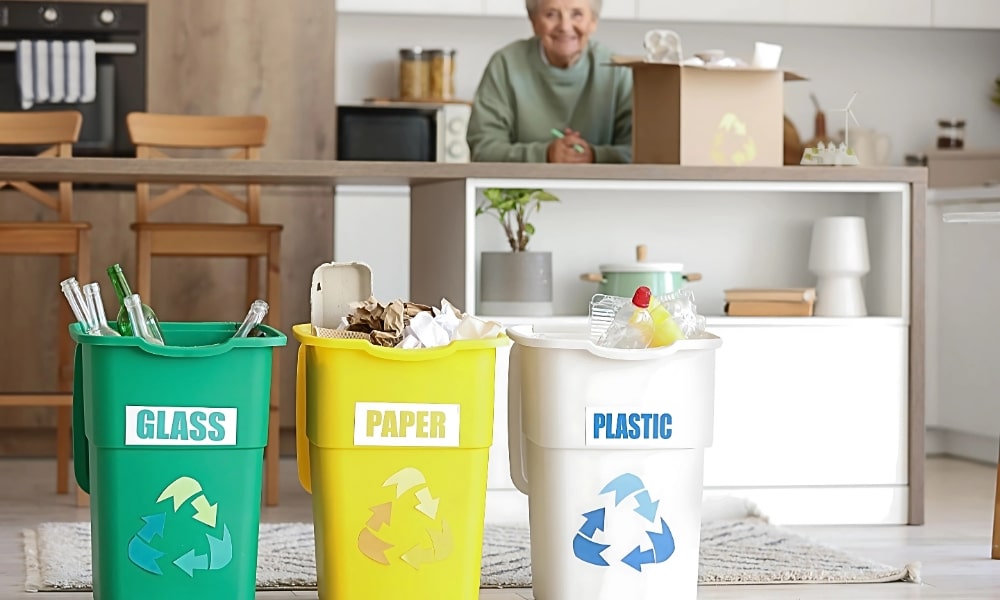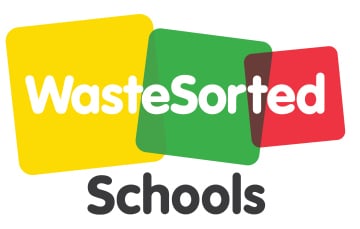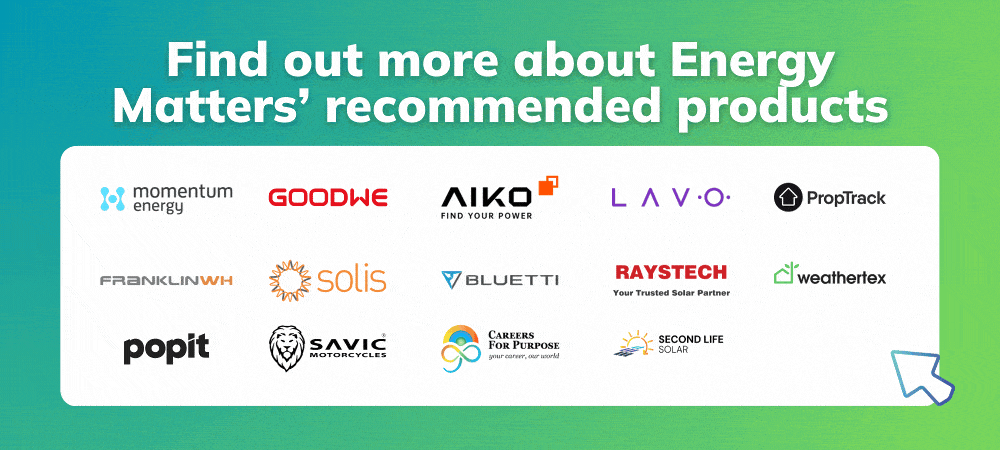Implementing effective waste reduction programs in Australian schools is crucial for fostering environmental stewardship among students. By integrating recycling programs for schools and composting initiatives, educational institutions can significantly reduce their ecological footprint. These practices not only promote sustainability but also instil lifelong eco-conscious habits in young Australians. Energy Matters encourages schools to embrace these initiatives, contributing to a greener future.

On this page
The importance of school waste reduction
Australian schools generate substantial waste daily, comprising paper, food scraps, plastics, and other materials. Implementing school waste reduction strategies is essential to minimise environmental impact and educate students on sustainable practices.
Environmental impact
- Waste contributes to greenhouse gas emissions and pollution.
- Reducing waste conserves natural resources and energy.
Educational benefits
- Students learn the value of sustainability and responsible consumption.
- Hands-on programs enhance understanding of environmental issues.
Did you know Energy Matters is Australia’s largest renewable news, blog and educational resource? Subscribe to Energy Matters’ weekly newsletter and keep updated even with incentives, rebates and recommended solar product offers.
Establishing robust recycling programs for schools
Implementing effective recycling programs for schools requires careful planning and consistent execution. A successful program encompasses several key elements:
- Waste audits: Conducting a thorough waste audit is the crucial first step. This involves analysing the types and quantities of waste generated by the school. Understanding the composition of the school waste stream, including paper, cardboard, plastics, glass, and food scraps, enables the development of targeted recycling programs for schools.
- Infrastructure and signage: Providing clearly labelled bins for different recyclable materials is essential. Colour-coded bins and easily understandable signage, featuring both text and visuals, help students and staff correctly sort their waste. Placing these bins in high-traffic areas, such as classrooms, hallways, and lunchrooms, ensures accessibility.
- Education and awareness: A comprehensive education campaign is crucial for the success of any school recycling program. This should involve engaging students, teachers, and administrative staff through workshops, presentations, posters, and regular reminders about proper recycling procedures. Integrating recycling education into the curriculum reinforces these practices.
- Collection and processing partnerships: Establishing reliable partnerships with local waste management providers is crucial. Schools need to ensure that collected recyclable materials are processed correctly. Understanding the types of plastics accepted (e.g., PET, HDPE) and other specific requirements of the recycling facility is important for minimising contamination.
- Monitoring and evaluation: Regularly monitoring the effectiveness of the recycling programs for schools is key to identifying areas for improvement. Tracking the volume of recycled materials and conducting periodic waste audits can provide valuable data for refining the program. Celebrating successes and giving feedback can further motivate participation.
Success story
Goodstart North Lakes Winn St Early Learning Centre is a local success story in Queensland. The Centre’s efforts in avoiding, reusing, and reducing trash, along with support from their families and the local community, have earned them three Sustainability Champions awards from the Council.
Cultivating composting initiatives within school grounds
Composting initiatives provide a valuable opportunity to divert organic school waste from landfills while creating rich resources for school gardens. Implementing successful composting initiatives involves the following considerations:
- Identifying compostable materials: Clearly defining what can and cannot be composted is essential. Every day, compostable items from school waste include fruit and vegetable scraps, coffee grounds, tea bags (without staples), and shredded paper. Non-compostable items, such as meat, dairy products, and oily foods, should be identified to prevent contamination.
- Choosing the right composting method: Several composting methods are suitable for schools, depending on the available space, resources, and the volume of organic waste generated. Options include:
- Bin composting: A suitable and straightforward option for smaller volumes, utilising enclosed bins to contain the composting process.
- Worm farming (vermicomposting): An excellent educational tool that uses worms to break down organic matter, producing nutrient-rich castings.
- Open piles: Suitable for larger volumes but require more space and management.
- Tumble composters: Offer faster composting and easier turning.
- Establishing collection systems: Implementing an efficient system for collecting organic school waste is crucial. This may involve providing separate bins in lunchrooms and kitchens, along with clear instructions for students and staff. Regular collection and transfer to the composting area are necessary.
- Education and engagement: Similar to recycling, educating the school community about the benefits and proper procedures for composting initiatives is vital. Engaging students in the composting process, from collecting scraps to utilising the finished compost in school gardens, provides valuable hands-on learning experiences.
- Utilising compost: The finished compost is a valuable resource that can be used to enrich school gardens, vegetable patches, and even potted plants. This closes the loop and provides a tangible demonstration of the benefits of composting initiatives. Students can learn about soil health and nutrient cycling through this process.
Notable programs

In Western Australia, the Waste Authority’s Waste Wise Schools programme helps schools adopt better waste management techniques and foster environmentally friendly principles. The 3Rs (Reduce, Reuse, Recycle) and waste reduction are the primary objectives of this programme. It provides schools with the resources they need to implement recycling, composting, and worm farming initiatives, including curriculum materials, professional development, and on-site support.
Government support and policies
Australian governments at various levels support school waste reduction through funding and policy frameworks.
National initiatives
Circular economy plan: Aims to recover 80% of Australia’s resources by 2035, emphasising recycling and composting.
State programs
- NSW product improvement program: Invested $9.1 million to enhance recycling infrastructure, increasing capacity by 140,000 tonnes annually.
- WasteSorted Schools Grants in WA: Provided over $2.6 million to schools for waste reduction projects.
Benefits of school waste reduction programs
Implementing recycling and composting initiatives yields numerous advantages:
- Environmental: Reduces landfill use and greenhouse gas emissions.
- Educational: Enhances student understanding of ecological responsibility.
- Economic: Potential cost savings from reduced waste disposal fees.
- Community engagement: Fosters a culture of sustainability within the school and broader community.
Steps to implement waste reduction programs
Schools can follow these steps to establish effective waste reduction strategies:
- Conduct a waste audit: To identify the types and amounts of waste produced.
- Set clear goals: Define objectives for waste reduction and recycling rates.
- Engage stakeholders: Involve students, staff, and parents in the planning and implementation process to ensure their input and support.
- Provide training: Educate the school community on proper waste segregation and composting techniques to promote sustainable practices.
- Monitor progress: Regularly assess the effectiveness of the programs and make necessary adjustments.
Overcoming challenges and ensuring long-term success
Implementing and sustaining effective school waste reduction programs can present certain challenges. Common obstacles include:
- Lack of awareness and engagement: Overcoming apathy and ensuring buy-in from the entire school community requires consistent communication and education.
- Contamination of recycling and compost: Incorrect sorting of waste can compromise the effectiveness of both recycling programs for schools and composting initiatives. Clear guidelines and ongoing education are crucial.
- Logistical issues: Adequate space for bins and composting facilities, as well as efficient collection and processing systems, needs to be in place.
- Funding and resources: Securing sufficient funding for infrastructure, educational materials, and ongoing program maintenance is essential.
To ensure the long-term success of school waste reduction programs, schools should:
- Develop a comprehensive waste management policy: This policy should outline the school’s commitment to waste reduction, recycling, and composting, and provide clear guidelines for all stakeholders.
- Establish a green team: A dedicated team of students, teachers, and staff can champion school waste reduction initiatives, raise awareness, and monitor progress.
- Integrate sustainability into the curriculum: Embedding lessons about waste management, recycling, and composting across different subjects can reinforce these concepts.
- Collaborate with external organisations: Partnering with local councils, environmental organisations, and businesses can provide valuable resources, expertise, and funding opportunities for recycling programs for schools and composting initiatives.
- Celebrate achievements and provide feedback: Recognising and celebrating the school’s progress in reducing waste can motivate continued participation. Regularly communicating data on waste reduction and recycling rates keeps the school community informed and engaged.
Sources: Nationwide Waste Solutions – Sustainability and Waste Management for Schools | Zeroscraps – Australia’s Sustainable School Waste Initiatives | Department of Climate Change, Energy, the Environment and Water – Waste and recycling
The Energy Matters call to action: Empowering sustainable schools
Australian schools have a powerful opportunity to lead the way in environmental sustainability. By embracing comprehensive school waste reduction strategies, implementing effective recycling programs, and fostering thriving composting initiatives, we can cultivate a generation of environmentally conscious citizens.
Let’s work together to minimise our environmental footprint, conserve valuable resources, and create a greener future for all. Act now, educate, and empower your school community to adopt waste reduction practices!
Energy Matters has been recognised for our continued excellence in the Australian solar industry. We provide our customers with high-quality resources, insight, and access to reputable solar quotes.
Our team of solar experts can help you get up to 3 FREE solar quotes from pre-qualified and vetted solar firms in your area.













































